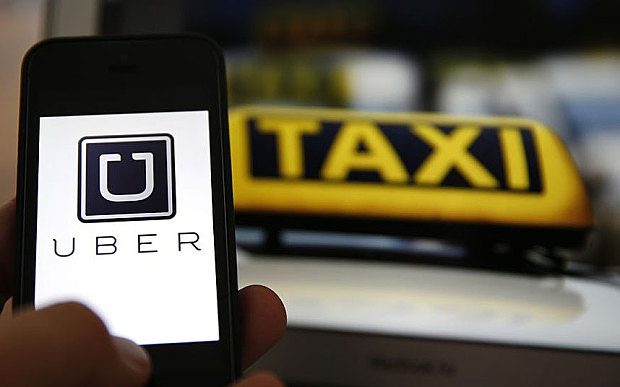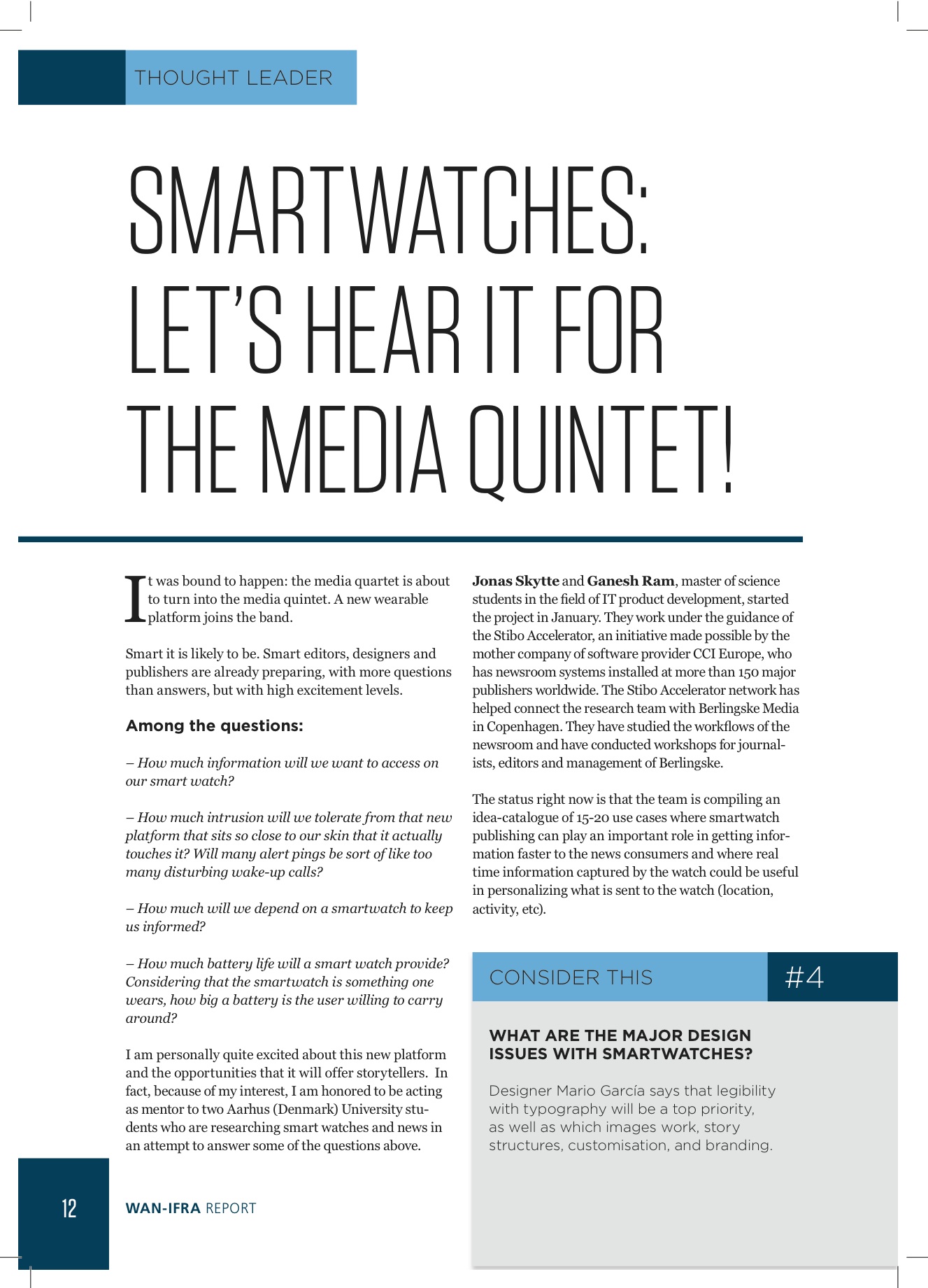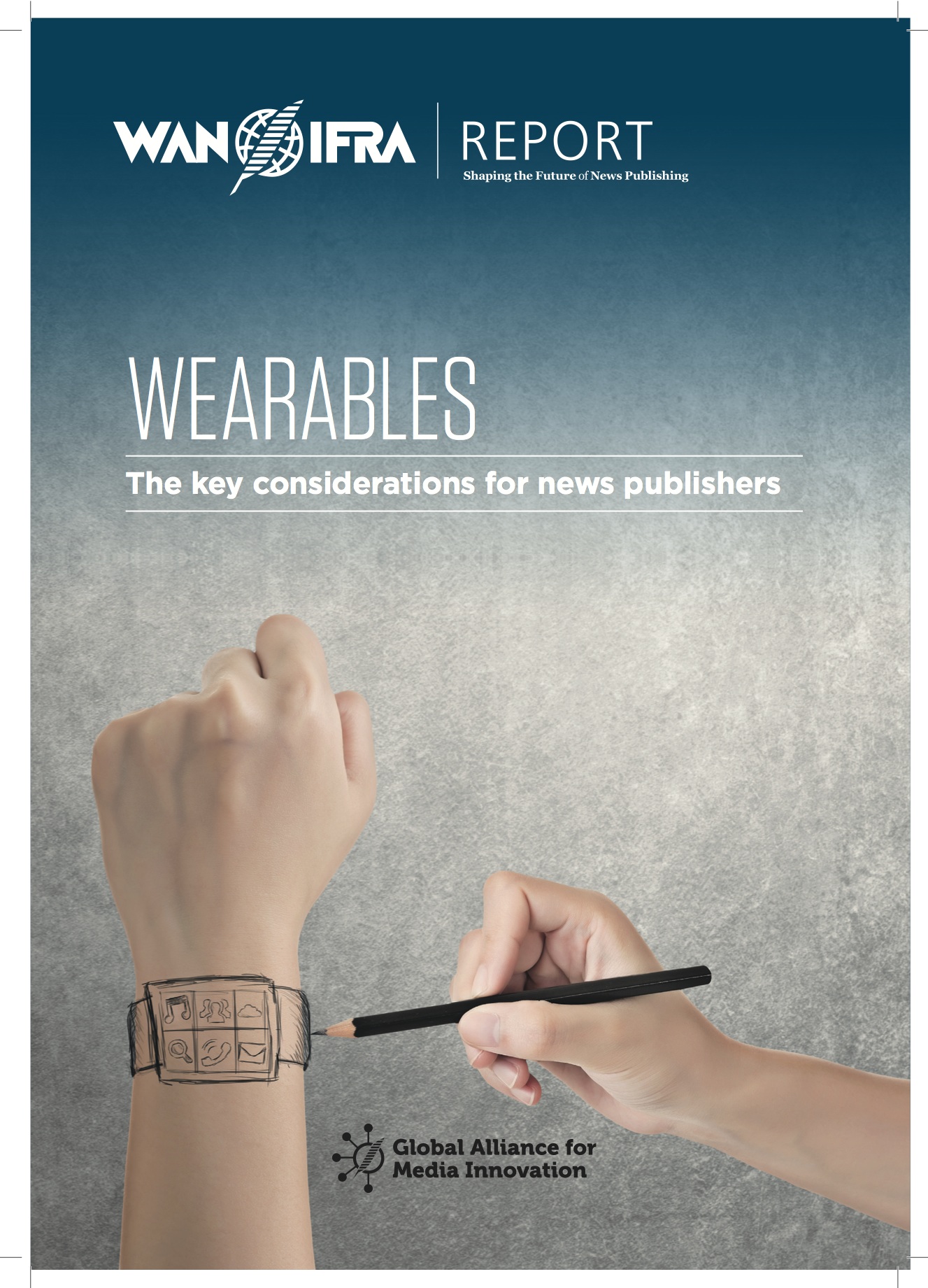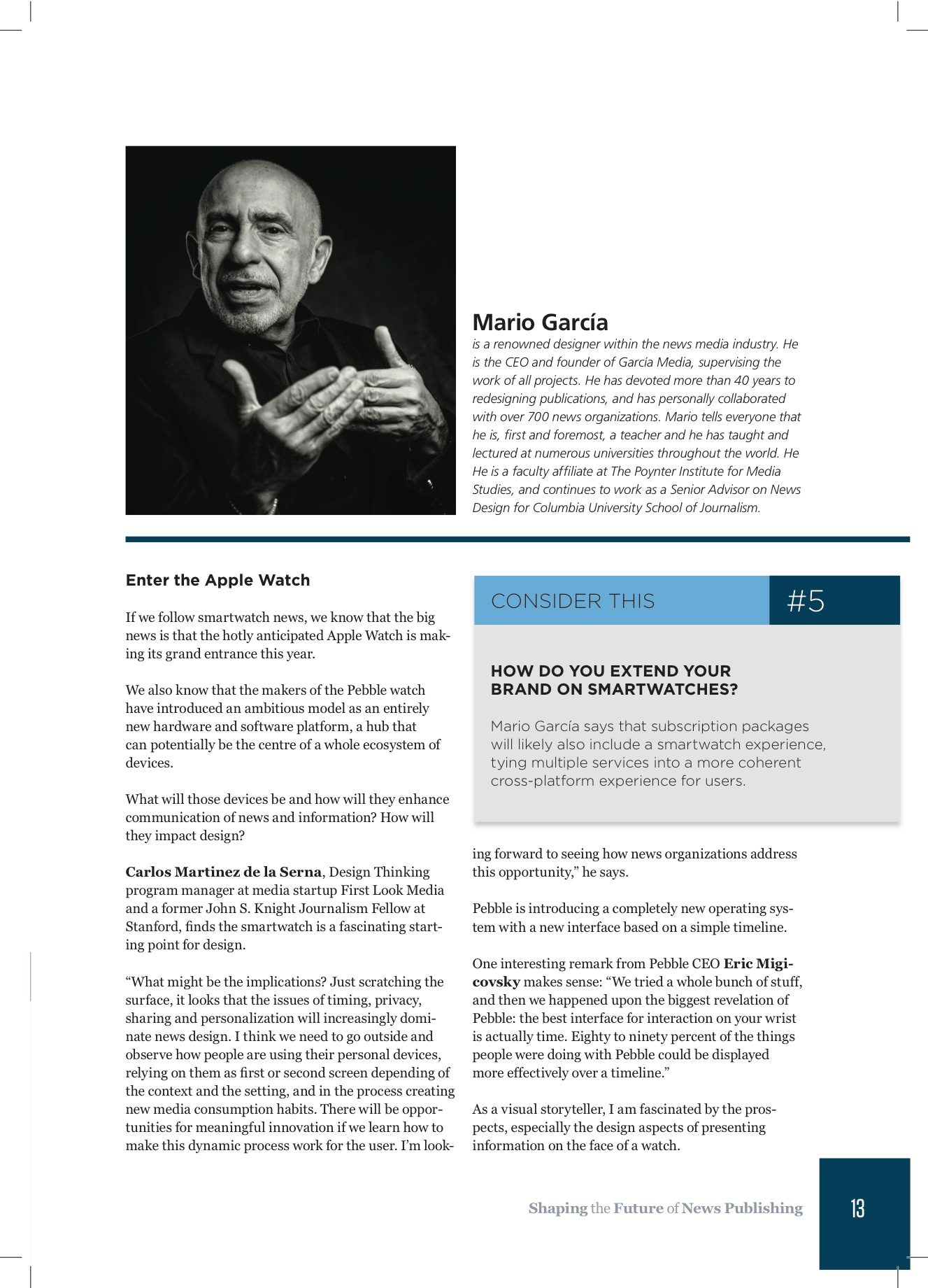
Photo: courtesy of Reuters as used in The Telegraph (UK)
Ken Doctor likes Uber. So do I. I am sure Ken Doctor likes newspapers, too, as I do.
When referring to those Uber cars that appear within minutes of being requested, here is what Ken had to say, especially as he compared it to trying to get a taxi, while at South by Southwest in Austin recently:
“Twenty minutes separated my hotel from the action. Taxis? If you got through to a switchboard, operators offered a three-to-five-hour time frame for pickup. With Uber, so long as I deftly maneuvered around surge pricing, I could spot, Pac-Man–like, the potential convenient pickups on my iPhone.
“All the info I needed sat on the phone, making payment known and easy. The cars were in better shape; the seat belts even worked. The drivers, two of whom had joined Uber five days earlier just in time for SXSW, offered more engaging conversation than taxi drivers usually do.”
I have been there, Ken, and I feel your pain about those taxis and they continue to operate in a circa 1980 mode. I also agree that the one reason to go Uber is that they are quick to respond, are usually within minutes from you, and you can just get in and out of the car without touching your wallet and pulling out a credit card. Convenience is the key.
But, just like digital outfits are not perfect (yet), neither are Uber services. Three times during the heavy winter storms in New York City this season, I reached for my Uber app only to be told that “due to heavy demand,” the fare might be three times what the meter marked.
Don’t take me wrong, I still have Uber’s app handy and it is what I reach out for when looking for quick transportation. But I have had a Uber driver get lost while taking me from the Upper East Side of New York to a Broadway theater.
I have had another Uber driver who could not understand English well enough to hear me tell him that I wanted to get off at a specific stop and not the planned destination (it was raining).
And because of conflicts between the “taxi monopolies” and the Uber folks, there are airports where Uber can’t operate (yet). I experienced that last week at the Kansas City International Airport.
Uber is going through the growing pains that many digital start ups are experiencing. But, like them, it moves forward without looking back, which may not be the case with taxi companies (and newspapers) where legacy rules the day.
Uber is the way of now, and I know that it will get its act together and flourish because, like a lot of our new media start ups such as Circa, Quartz and Breaking News, it is quick to react to change and to adopt it.
It is also fair to say that there are many newspapers that have decided to “uber it”, if you will, and are taking giant steps towards modernizing and catching up. I must cite The New York Times and The Guardian among those where the old yellow taxi look is disappearing quickly. More seem to be joining the club of those that know that it is change or perish.
Perhaps those yellow cabs need to take a lesson from this playbook, too.

It’s a new product available from the Financial Times and it comes shortly after the launch of other new services such as the Lex Column, the Martin Sandbu’s daily economic newsletter.
Launched April 20, EM Squared is a data-driven news and analysis service focused on emerging markets. The FT release explains that EM Squared was created in response to strong demand for emerging markets coverage.
EM Squared offers readers unique investment insight into the major trends affecting developing economies as defined by the MSCI emerging markets index. According to Jonathan Wheatley, editor of FT’s EM Squared:
“EM Squared deepens the FT’s existing emerging markets coverage, sourcing data from expert titles in the FT Group and elsewhere. It enhances our offering for busy readers who want choice and a more personalized service, giving high quality original analysis on the most important economic issues in the Brics and beyond.”
EM Squared will publish more than a dozen stories per week from Monday to Friday, and feature content from the FT’s global network of correspondents. It will be available on FT.com, and on smartphones and tablets via the FT web app (http://app.ft.com).
All about Wearables and News: the WAN IFRA Report



We are honored to be part of this interesting discussion of the role of wearables—-with emphasis on smartwatches—in the way we will present and consume news.
http://www.wan-ifra.org/reports/2015/04/20/wearables-the-key-considerations-for-news-publishers-0